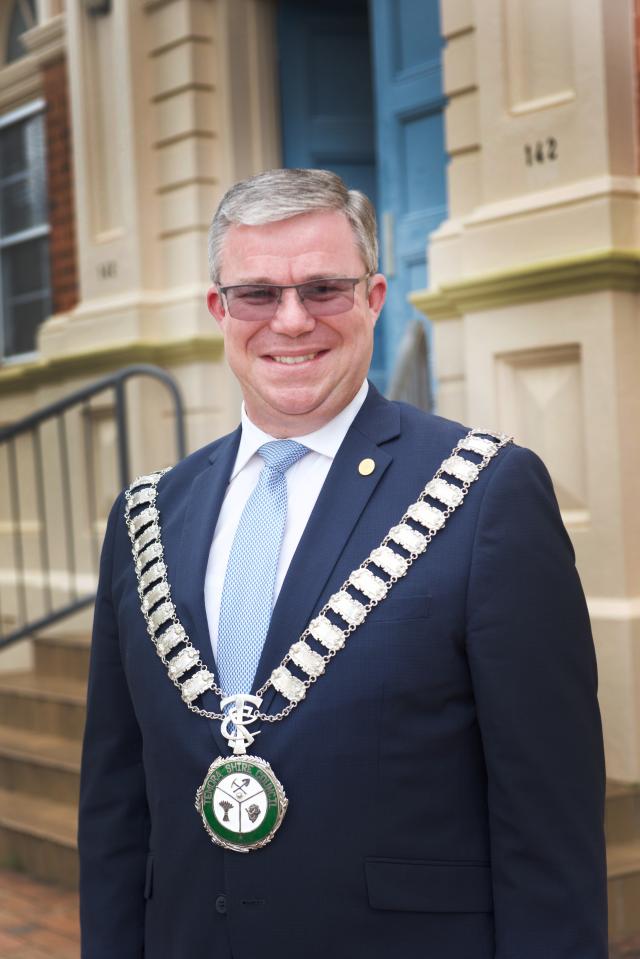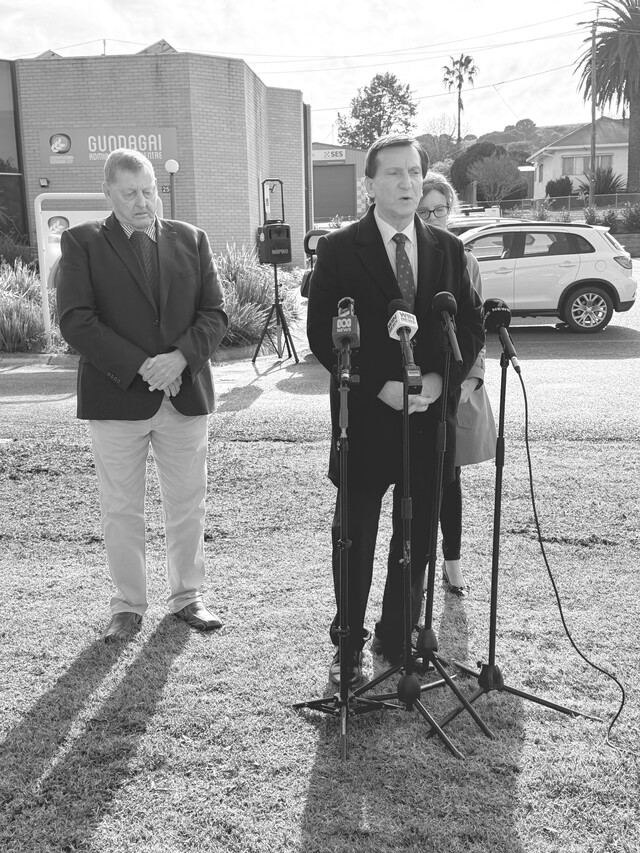All levels of government have a role to play in preserving our environment. Local Government is showing a strong commitment to working with the Commonwealth to contribute to the national effort to protect Australia’s precious natural resources. Commonwealth programmes encourage Local Government to work in partnerships with communities to undertake environmental projects. An update on a range of these environmental initiatives involving Local Government follows.
Natural Heritage Trust
The Natural Heritage Trust (NHT) is the largest environmental effort ever undertaken by an Australian Government with a commitment of $2.5 billion. NHT is jointly administered by the Commonwealth Department of Agriculture, Fisheries and Forestry and the Department of Environment and Heritage and focuses on environmental themes including – land, vegetation, rivers, coasts and marine.
The Trust brings together individuals, communities and governments to solve environmental problems at the source. Funds for NHT activities are distributed at community level, regional level, State/Territory level and a national level.
The recently announced Australian Government Envirofund is the local action component of the Natural Heritage Trust. The aim of Envirofund is to enable communities to undertake local projects aimed at conserving biodiversity and sustainable resource use.
Local Government has an important role to play in ensuring that the relevant community organisations and individuals are aware of the availability of funding and that any projects that groups wish to consider are also part of the Council’s strategic plans for the environment.
The Application details and guidelines are available at www.nht.gov.au. Applications close on 5 June 2002.
National Action Plan for Salinity and Water Quality
The Federal Government has committed $700 million, to be matched by States and Territories, for the first comprehensive national strategy to address salinity and water quality problems, two of the most significant issues confronting Australia’s rural industries and regional communities. It is envisaged that action will be taken in 21 highly affected catchments and regions across Australia.
The 11th meeting of the Council of Australian Governments (COAG) on 5 April agreed to accelerate the implementation of the National Action Plan. It also recognised the importance of Local Government in natural resource management and agreed to support new resource management arrangements that include adequate Local Government representation on regional bodies; Local Government involvement in the development of regional plans for integrated natural resource management; and awareness of regional objectives in local planning.
Local Agenda 21
Local Agenda 21 is a strategic framework to deliver sustainable development at the local level through processes which integrate environmental, economic and social policies. In 2001 more than 177 Local Governments had completed, commenced or formally committed to LA 21 plans.
The recent ‘Sustaining our Communities’ Conference held in Adelaide in March showcased best practice in local sustainability and provided a forum for discussion of approaches to sustainable development. It also helped inform Australia’s input into the World Summit on sustainable development to be held in Johannesburg on 26 August. The Federal Government has accepted the Conference recommendation favouring the development of a self-assessment tool to assist Local Government to systematically assess the progress of their communities towards sustainability.
For details on the Natural Heritage Trust contact Christine Schweizer on (02) 6274 2325 or email christine.scheizer@ea.gov.au
For additional information on the NAP please contact Dennis Ayliffe on (02) 6272 3580 or email dennis.ayliffe@affa.gov.au
For additional information on LA 21 please contact Kate Lynch on (02) 6274 1965 or email la21@ea.gov.au







